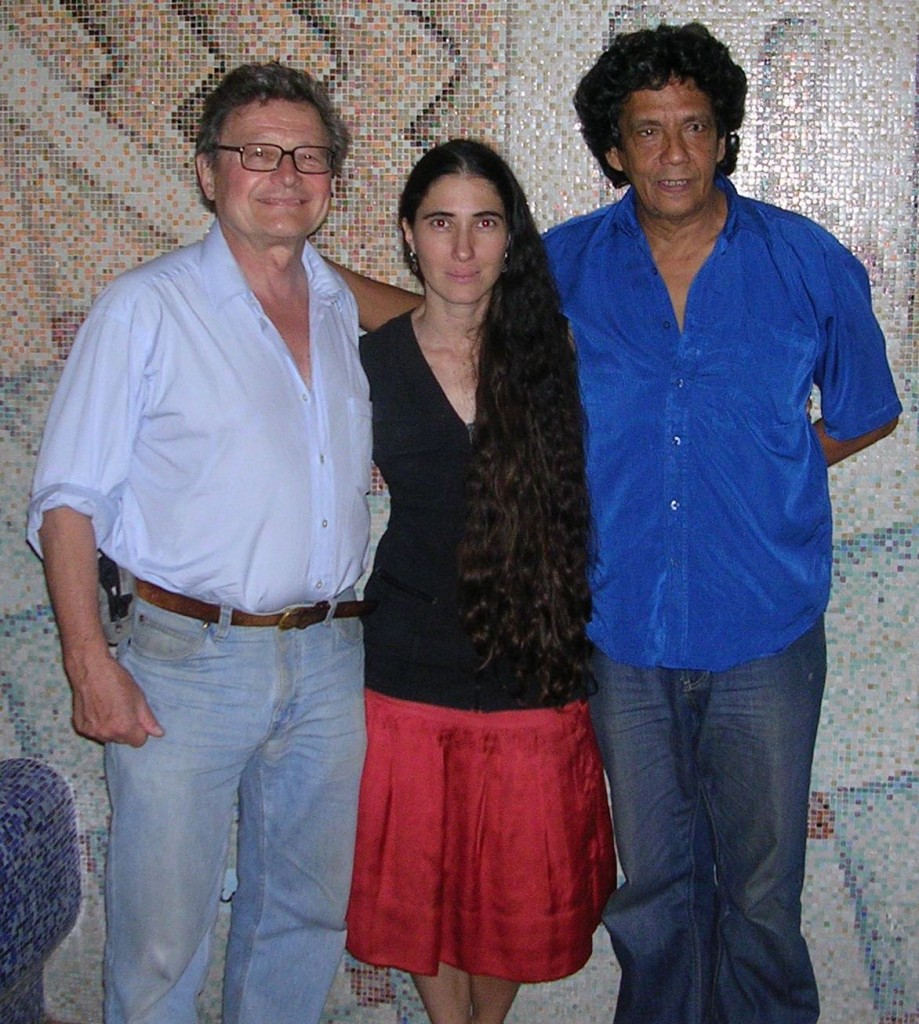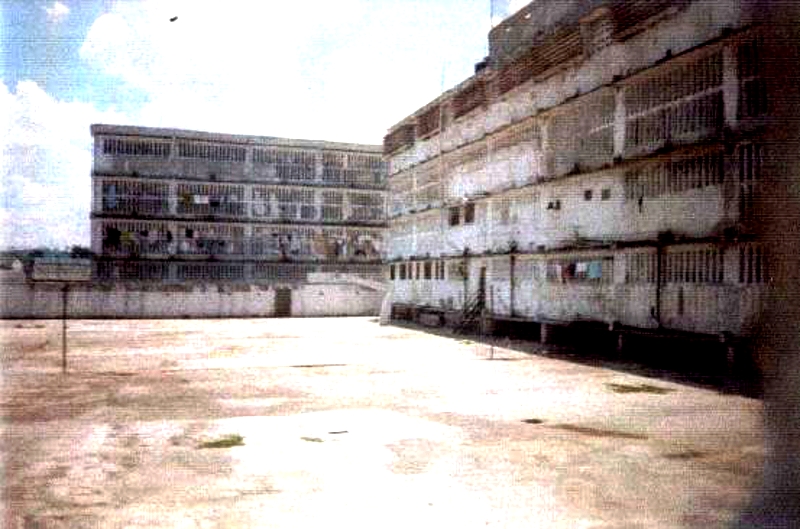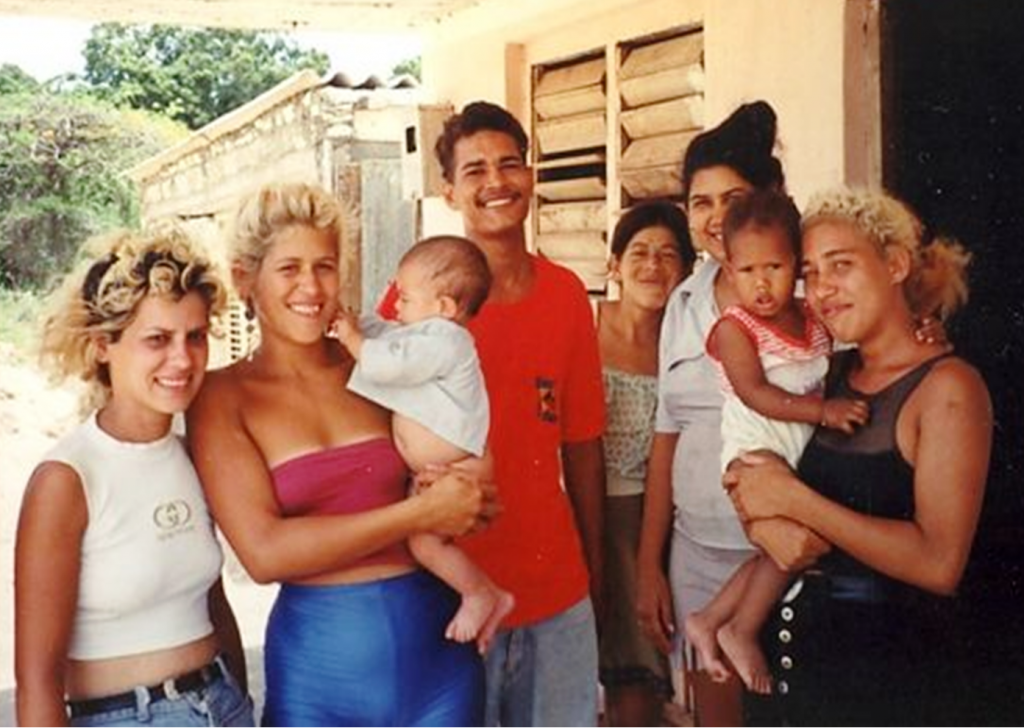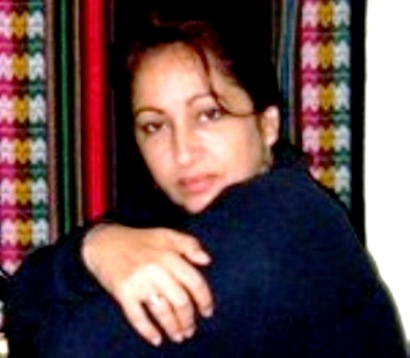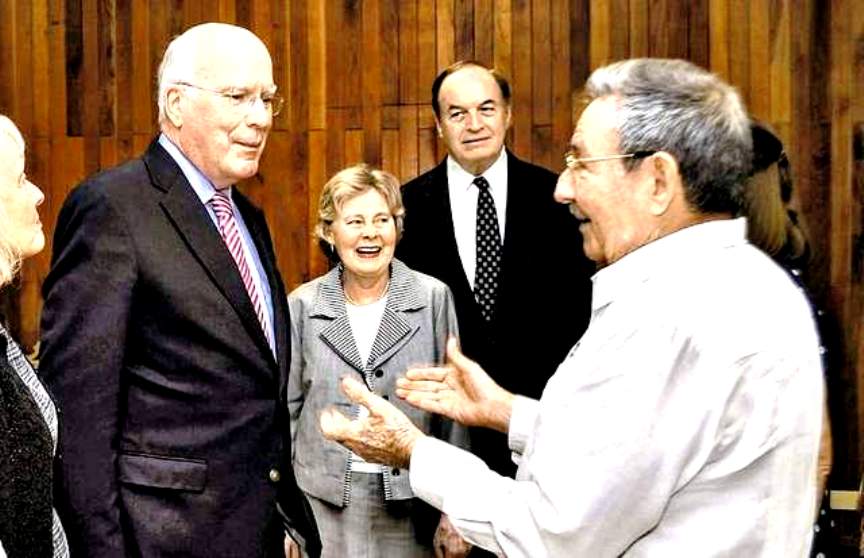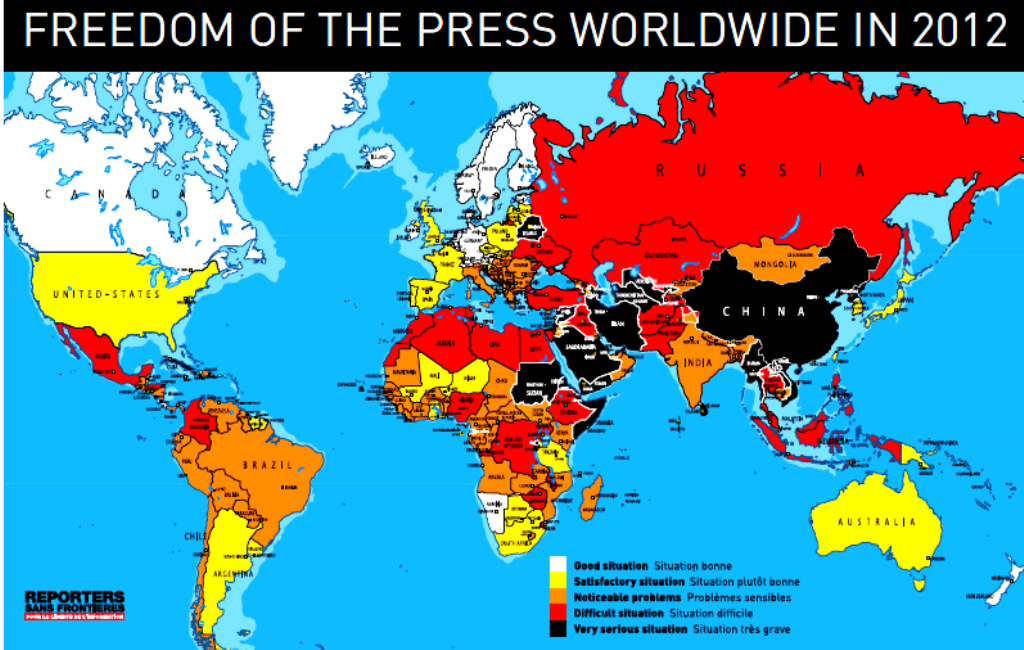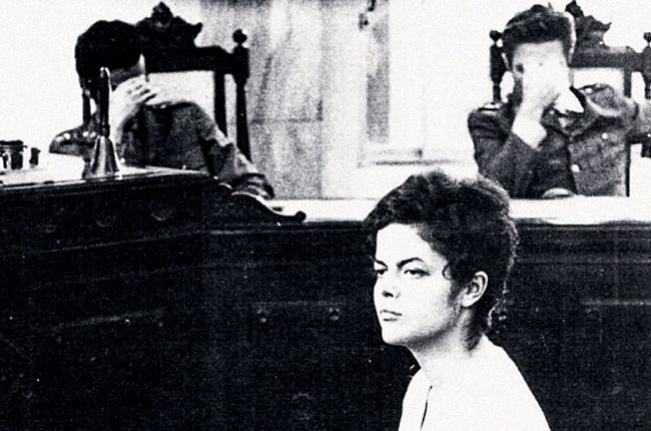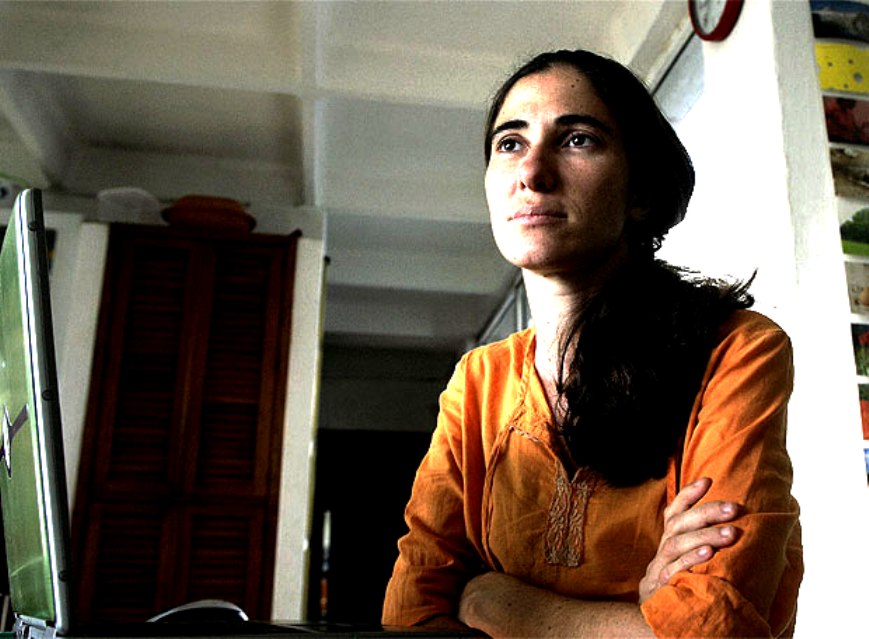May 2, 2012 Wednesday 6:56 AM GMT
After 50 years, Cubans hope to travel freely
BYLINE: By PAUL HAVEN, Associated Press
DATELINE: HAVANA
After controlling the comings and goings of its people for five decades, communist Cuba appears on the verge of a momentous decision to lift many travel restrictions. One senior official says a “radical and profound” change is weeks away.
The comment by Parliament Chief Ricardo Alarcon has residents, exiles and policymakers abuzz with speculation that the much-hated exit visa could be a thing of the past, even if Raul Castro’s government continues to limit the travel of doctors, scientists, military personnel and others in sensitive roles to prevent a brain drain.
Other top Cuban officials have cautioned against over-excitement, leaving islanders and Cuba experts to wonder how far Havana’s leaders are willing to go.
In the past 18 months, Castro has removed prohibitions on some private enterprise, legalized real estate and car sales, and allowed compatriots to hire employees, ideas that were long anathema to the government’s Marxist underpinnings.
Scrapping travel controls could be an even bigger step, at least symbolically, and carries enormous economic, social and political risk.
Even half measures such as ending limits on how long Cubans can live abroad or cutting the staggeringly high fees for the exit visa that Cubans must obtain just to leave the country would be significant.
“It would be a big step forward,” said Philip Peters, a Cuba expert at the Virginia-based Lexington Institute. “If Cuba ends the restrictions on its own citizens’ travel, that means the only travel restrictions that would remain in place would be those the United States imposes on its citizens.”
The move would open the door to increased emigration and make it easier for Cubans overseas to avoid forfeiting their residency rights, a fate that has befallen waves of exiles since the 1959 revolution.
It could also bolster the number of Cubans who travel abroad for work, increasing earnings sent home in the short term and, ultimately, investment by a new moneyed class.
Scrapping exit controls should win Cuba support in Europe, which improved ties after dozens of political prisoners were freed in 2010.
But Peters and several other analysts said they doubt the new rules would bring about any immediate shift in U.S. policy toward Cuba, which includes a ban on American tourism. Those restrictions are entrenched and enjoy the backing of powerful Cuban American exiles.
“I don’t think it would lead to a drastic change in U.S. policy, but an accumulation of human rights improvements could lead to an incremental change,”
Peters said.
Cuba-born Rep. Ileana Ros-Lehtinen, a Republican from Florida, said any discussion about immigration reform on the island is a peripheral issue.
“The kind of changes I’m interested in are not about immigration,” said Ros-Lehtinen, who heads the House Committee on Foreign Affairs. “I’m interested in changes that affect fundamental freedom, democracy and respect for human rights.”
U.S. officials said they have been watching for an announcement for months, noting there has been such talk as far back as August. But nothing has happened, and they are skeptical that the Castro regime is truly committed to such reform.
Asked about possible reciprocal measures, one U.S. official said the Obama administration can’t promise anything because it doesn’t know what exactly Cuba plans to announce. The official wasn’t authorized to speak publicly and demanded anonymity.
State Department spokesman Mark Toner said the U.S. “would certainly welcome greater freedom of movement for the Cuban public.”
Rumors of the exit visa’s imminent demise have circulated on and off for years.
The whispers became open chatter last spring after the Communist Party endorsed migration reform at a crucial gathering. But Castro dashed those hopes in December, saying the timing wasn’t right and the “fate of the revolution” was at stake.
Alarcon’s comments, made in an interview published in April, revived hopes that a bold move is coming.
“One of the questions that we are currently discussing at the highest level of the government is the question of emigration,” he told a French journalist. “We are working toward a radical and profound reform of emigration that in the months to come will eliminate this kind of restriction.”
But on Saturday, Vice Foreign Minister Dagoberto Rodriguez told exiles not to set their hopes too high, vowing the government would maintain some travel controls as long as it faced a threat from enemies in Washington.
Havana residents say they are anxiously waiting to see what the government does.
“The time has come to get rid of the exit visa,” said Vivian Delgado, a shop worker. “It’s absurd that as a Cuban I must get permission to leave my country, and even worse that I need permission to come back.”
Added Domingo Blanco, a 24-year-old state office worker: “It’s as if one needed to ask to leave one’s own house.”
Many Cubans are reluctant to talk about their own experience with the exit visa.
One woman named Miru, who has been trying to leave Cuba since 2006, shared her story on the condition her full name not be used for fear that speaking with a foreign journalist could land her in trouble.
“This has been a very long process,” she said of her odyssey, which began when her husband defected from a medical mission in Africa and sought asylum in the U.S.
First, she had to get a letter releasing her from her job at a government ministry a process that took five years. Only then could she apply for the exit visa. That was three months ago, and Miru still hasn’t received an answer.
Officials say her case is complicated but won’t give a specific reason for the delay.
“I am very anxious to see my husband again,” she said.
The exit controls are a Cold War legacy of Cuba’s alliance with the Soviet Union. They were instituted in December 1961 to fight brain drain as hundreds of thousands of doctors and other professionals fled, many for new lives in Florida. That was three months before the U.S. embargo barring most trade with the island went into full effect.
Over the years, it has become much easier for Cubans to obtain permission to travel, though many are still denied, and it is particularly hard to take children out of the country.
Also, the exit visa’s $150 price tag is a small fortune in a country where salaries average about $20 a month. In addition, the person the traveler wishes to visit must pay $200 at a Cuban consulate.
Those who leave get only a 30-day pass, and the cost of an extension varies by country. In the U.S., the fee is $130 a month. Those who stay abroad more than
11 months lose the right to reside in Cuba. Before 2011, any property would automatically go to the state.
“The Cuban government has monetized every part of the humiliating process of coming and going,” said Ann Louise Bardach, a longtime Cuba expert and author of “Without Fidel: A Death Foretold in Miami, Havana and Washington.” “Getting out means running a gantlet, and it is all based on how much humiliation you can endure, and by the time they end up in Miami, people are filled with hate and dreams of revenge.”
Cuban officials have long portrayed the measures as necessary to counter Washington’s meddling. They accuse the U.S. of trying to lure away doctors by letting them walk into any American consulate and request asylum.
Cuban officials say even ordinary islanders are encouraged to leave by U.S.
regulations that automatically grant asylum to any who reach American shores, a policy Cuba says has encouraged thousands to attempt the dangerous trip on leaky boats and makeshift rafts across the Florida Straits.
It’s not clear how emigration reform will affect dissidents, who are routinely denied permission to leave and could still find themselves on some form of no-exit list.
In a recent New York Times opinion piece, dissident blogger Yoani Sanchez called the exit controls “our own Berlin Wall without the concrete … a wall made of paperwork and stamps, overseen by the grim stares of soldiers.” She has been denied travel papers at least 19 times by her own count.
Some hardliners in Florida predict any change will be merely a sleight of hand designed to export malcontents, ease a severe housing shortage and fob off legions of superfluous state workers.
But for hundreds of thousands of Cubans like Miru, the exit visa is a personal matter, not political. After six years separated from her husband, she clings to hope that she will finally obtain permission or benefit from a change in the law.
“I have followed all the rules of my country,” she said. “I’ll be so happy to leave.”
Associated Press writers Andrea Rodriguez and Peter Orsi in Havana, Laura Wides-Munoz in Miami, and Bradley Klapper in Washington contributed to this report.
Follow Paul Haven on Twitter: www.twitter.com/paulhaven


